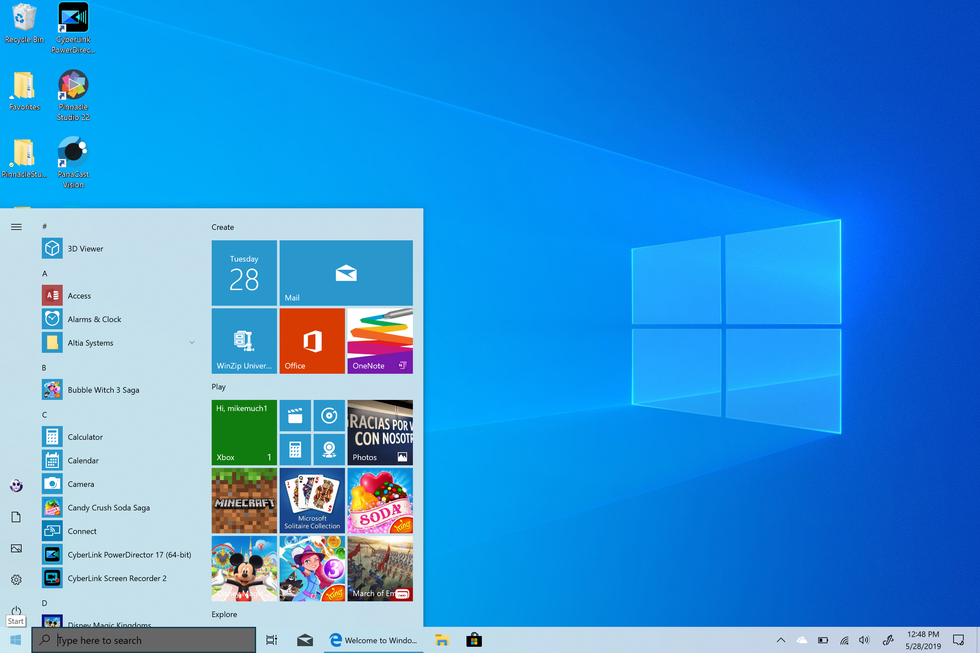Local System Account

Understanding Local System Account

The Local System account is a built-in account in Windows operating systems that is used to run system processes and services. It is a powerful account that has full control over the system and is used by the operating system to perform various tasks. The Local System account is also known as the “NT AUTHORITY\SYSTEM” account.
Characteristics of Local System Account

The Local System account has several characteristics that make it unique and powerful. Some of the key characteristics of the Local System account include: * Full control: The Local System account has full control over the system, which means it can perform any action on the system without any restrictions. * System-wide access: The Local System account has access to all system resources, including files, folders, registry keys, and system services. * No password: The Local System account does not have a password, which means it cannot be used to log on to the system interactively. * Automatic login: The Local System account logs on automatically when the system starts, which means it is always available to run system processes and services.
Uses of Local System Account

The Local System account is used by the operating system to perform various tasks, including: * Running system services: The Local System account is used to run system services, such as the Windows Update service, the Windows Firewall service, and the Windows Defender service. * Installing software: The Local System account is used to install software on the system, including Windows updates and hotfixes. * Managing system resources: The Local System account is used to manage system resources, such as files, folders, and registry keys. * Performing system maintenance: The Local System account is used to perform system maintenance tasks, such as disk cleanup and disk defragmentation.
Security Implications of Local System Account

The Local System account has significant security implications, as it has full control over the system. If an attacker gains access to the Local System account, they can perform any action on the system, including: * Installing malware: An attacker can use the Local System account to install malware on the system, which can compromise the security of the system. * Stealing sensitive data: An attacker can use the Local System account to steal sensitive data, such as passwords and credit card numbers. * Disrupting system operations: An attacker can use the Local System account to disrupt system operations, which can cause the system to become unstable or even crash.
🚨 Note: It is essential to protect the Local System account from unauthorized access, as it has significant security implications.
Best Practices for Managing Local System Account

To manage the Local System account effectively, follow these best practices: * Use strong passwords: Use strong passwords for all accounts on the system, including the Local System account. * Limit access: Limit access to the Local System account to only those who need it. * Monitor system logs: Monitor system logs regularly to detect any suspicious activity. * Keep software up-to-date: Keep all software on the system up-to-date, including the operating system and applications.
| Best Practice | Description |
|---|---|
| Use strong passwords | Use strong passwords for all accounts on the system, including the Local System account. |
| Limit access | Limit access to the Local System account to only those who need it. |
| Monitor system logs | Monitor system logs regularly to detect any suspicious activity. |
| Keep software up-to-date | Keep all software on the system up-to-date, including the operating system and applications. |

In summary, the Local System account is a powerful account that has full control over the system. It is used by the operating system to perform various tasks, including running system services, installing software, managing system resources, and performing system maintenance. However, the Local System account has significant security implications, and it is essential to protect it from unauthorized access. By following best practices, such as using strong passwords, limiting access, monitoring system logs, and keeping software up-to-date, you can effectively manage the Local System account and protect the security of your system.
What is the Local System account?

+
The Local System account is a built-in account in Windows operating systems that is used to run system processes and services.
What are the characteristics of the Local System account?

+
The Local System account has full control over the system, system-wide access, no password, and automatic login.
What are the security implications of the Local System account?

+
The Local System account has significant security implications, as it has full control over the system. If an attacker gains access to the Local System account, they can perform any action on the system.
Related Terms:
- Local service password
- Windows local account
- Login as system windows 10



